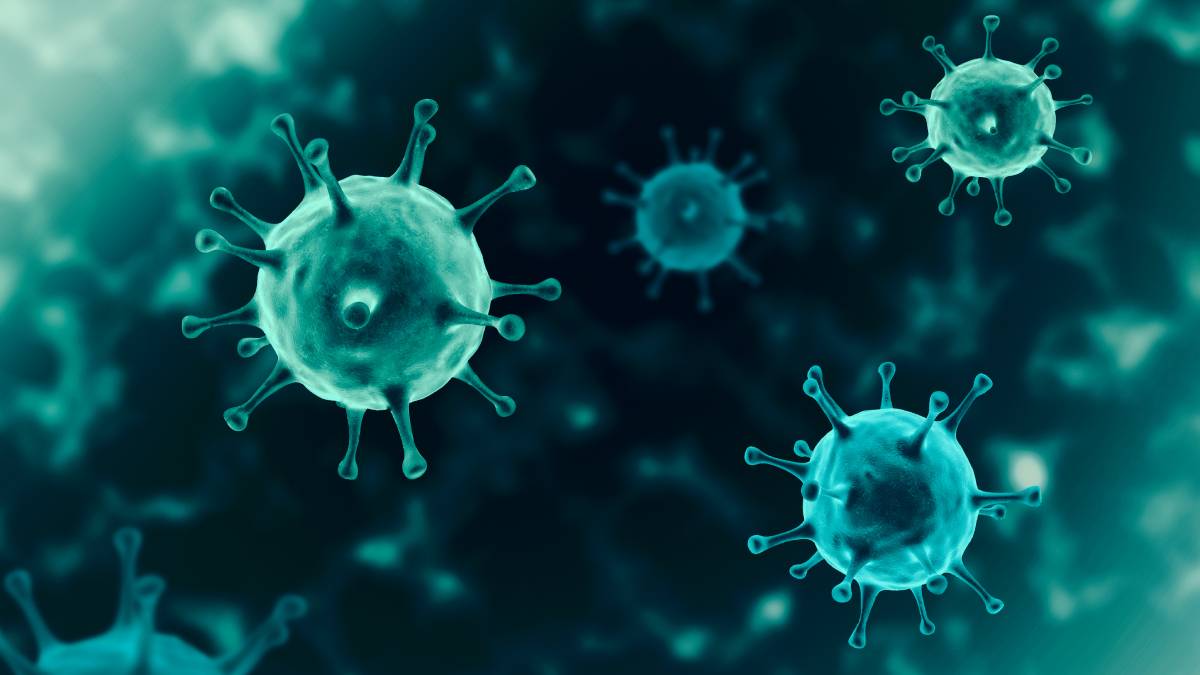New COVID booster shots will be available in Australia from Monday.
And as cases rise ahead of the holiday period yet again, experts say the latest vaccine will help protect against the subvariants currently spreading around the country.
Here’s what you need to know.
What is the latest COVID vaccine?
The new generation of boosters are called “monovalent Omicron XBB 1.5 vaccines”.
‘Monovalent’ means they contain just one strain of COVID-19, making them a bit different to the ‘bivalent’ vaccines already on the market.
They are designed to target the Omicron subvariant XBB 1.5, which you might remember by its unofficial nickname, the ‘Kraken’.
Three versions are available in Australia:
- One for people over the age of 12 from Pfizer.
- One for children aged between five and 12 from Pfizer.
- One for people over the age of 12 from Moderna.
Novavax has also developed an XBB.1.5 vaccine, but it is not approved for use in Australia.
Where can you get the new vaccine?
Vaccines are being distributed to pharmacies and GPs across Australia.
Your best bet is to make an appointment with your local pharmacist or doctor, but some places might offer walk-in vaccinations too.
COVID vaccinations are fully covered by Medicare, so you shouldn’t have to pay a thing.
If you want to make sure you’ve got the best protection possible in time for Christmas and New Year celebrations, book in soon.
“Vaccines do take seven to 14 days to reach full effectiveness, so if you’re due to get a booster, now is the time,” said Australian Medical Association vice-president Danielle McMullen.
Who can get the new monovalent vaccines?
All adults can get a booster dose if it’s been more than six months since their last vaccine dose or COVID illness.
For people over the age of 65, or people with underlying health problems, it is strongly recommended that you get one, Dr McMullen said.
If you’re between the ages of 17 and 64, the official advice is that you “consider” getting a COVID booster shot.
Clinical epidemiologist Nancy Baxter says if you’re in this age group and haven’t had a COVID jab in the past 12 months, it’s worth looking at the latest monovalent vaccines.
“What we want to make sure is that when we face COVID, we’re as protected as we can be,” she said.
Australia’s leading vaccine advisory group, ATAGI, does not recommend anyone aged 17 or under get booster shots unless they have a medical condition which increases the risk of severe COVID.
For babies, toddlers and the youngest children, only one COVID vaccine is available – the original jab from Pfizer, designed for those aged between six months and five years.
Booster shots are not recommended for this young age group, so speak to a doctor if you have concerns.
Is the new Omicron vaccine better than the others?
COVID vaccines are always a little bit behind the curve. In the time it takes companies to develop new shots, the virus mutates into something different.
Older vaccines still greatly reduce your risk of becoming gravely ill or dying from a COVID infection, but are not as effective at reducing transmission.
And while the XBB 1.5 Kraken variant isn’t dominating cases in Australia any more, experts such as Dr McMullen say the vaccines it inspired will help protect against other Omicron strains.
“The new XBB vaccines recently approved by ATAGI are better targeted to the strains currently circulating in Australia and provide a modest improvement in immunity compared to previous vaccines,” Dr McMullen said.
ATAGI says available data suggests “monovalent XBB vaccines provide modestly enhanced protection from severe disease compared to older vaccines”.
A recent American study found the monovalent vaccine boosted protective antibodies against not only XBB.1.5 and the currently dominant EG.5.1 (known as “Eris”), but also other new sub-variants like HV.1, HK.3, JD.1.1, and JN.1.
The research, which assessed antibody levels in blood samples from 60 patients, has not been peer-reviewed yet, but overall, it means the new vaccines are promising.
Are you due for a booster? Have you been waiting for this vaccine to be available? Have you noticed a surge in COVID cases? Share your experience in the comments section below.
 2020 Australian Broadcasting Corporation. All rights reserved.
2020 Australian Broadcasting Corporation. All rights reserved.
ABC Content Disclaimer

